Can worms compost shrimp shells?
KendraSchmidt
11 years ago
Featured Answer
Sort by:Oldest
Comments (16)
KendraSchmidt
11 years agoRelated Professionals
Derry Landscape Architects & Landscape Designers · Accokeek Landscape Architects & Landscape Designers · Rancho Cordova Landscape Architects & Landscape Designers · Southfield Landscape Architects & Landscape Designers · Conroe Landscape Contractors · Lemay Landscape Contractors · Old Saybrook Landscape Contractors · Petaluma Landscape Contractors · Silver Firs Landscape Contractors · Ferguson Landscape Contractors · Conneaut General Contractors · Coronado General Contractors · Midlothian General Contractors · Mount Laurel General Contractors · Rolla General ContractorsKendraSchmidt
11 years agosbryce_gw
11 years agomendopete
11 years agodowbright
11 years agoequinoxequinox
11 years ago11otis
11 years agoHU-618682799
5 years agoarmoured
5 years agoBud Wrangler
5 years agopcreasy
4 years agoarmoured
4 years agonapapen
4 years agoHighColdDesert
4 years agoarmoured
4 years ago
Related Stories

GARDENING GUIDESGet on a Composting Kick (Hello, Free Fertilizer!)
Quit shelling out for pricey substitutes that aren’t even as good. Here’s how to give your soil the best while lightening your trash load
Full Story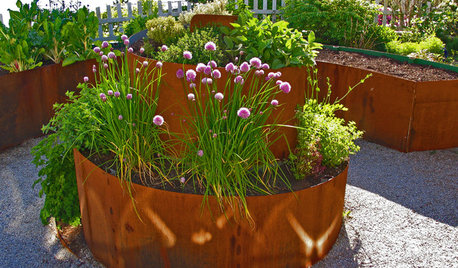
URBAN GARDENSContainers Make Growing Edibles a Cinch
If life hands you a lack of land, grow lemons — with a few basics, you can proudly reap the fruits, veggies and herbs of your labor
Full Story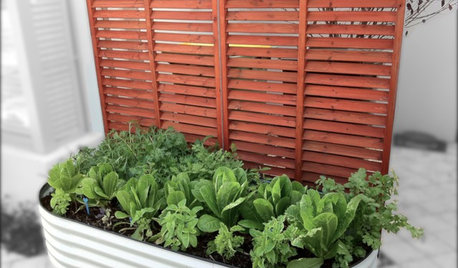
FEEL-GOOD HOME21 Ways to Waste Less at Home
Whether it's herbs rotting in the fridge or clothes that never get worn, most of us waste too much. Here are ways to make a change
Full Story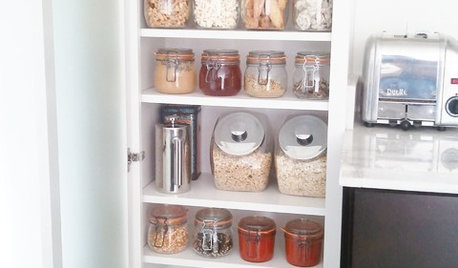
HEALTHY HOME6 Tips From a Nearly Zero-Waste Home
Lower your trash output and increase your quality of life with these ideas from a mom who did it to the max
Full Story
EDIBLE GARDENSSummer Crops: How to Grow Tomatoes
Plant tomato seedlings in spring for one of the best tastes of summer, fresh from your backyard
Full Story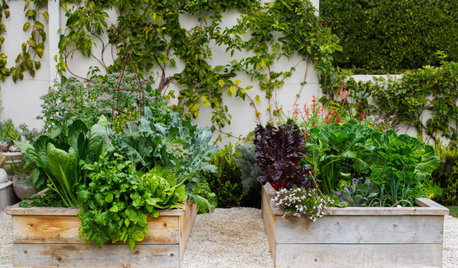
MOST POPULARHow to Start a Cool-Season Vegetable Garden
Late summer and late winter are good times to plan and plant cool-season crops like salad greens, spinach, beets, carrots and peas
Full Story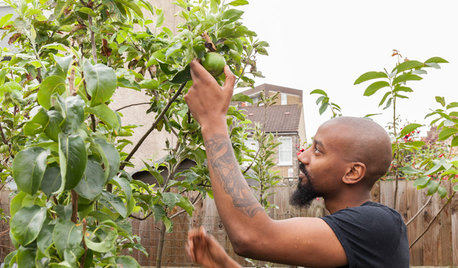
GARDENING GUIDESLush, Foodie Abundance in a Small Urban Garden
This modest backyard garden provides its owner with fruit and vegetables all year round, thanks to an innovative low-maintenance approach
Full Story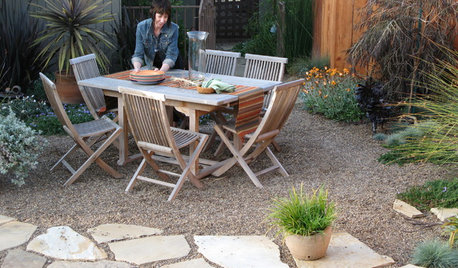
LANDSCAPE DESIGN15 Great Ideas for a Lawn-Free Yard
End the turf war for good with hardscaping, native grasses and ground covers that save water and are easier to maintain
Full Story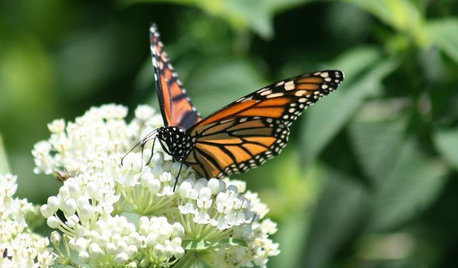
GARDENING GUIDES7 Ecofriendly Gardening Ideas That Also Cut Chore Time
Spend less time weeding, less money watering and more moments just sitting back and enjoying your healthy garden
Full Story
MOST POPULARModern Party Etiquette for Hosts and Guests
Learn the mannerly way to handle invitations, gifts and even mishaps for a party that's memorable for the right reasons
Full Story





mendopete